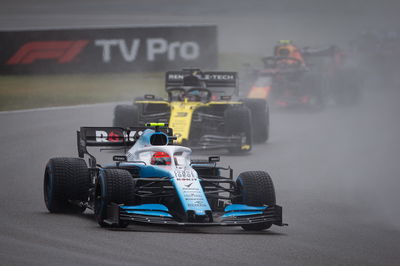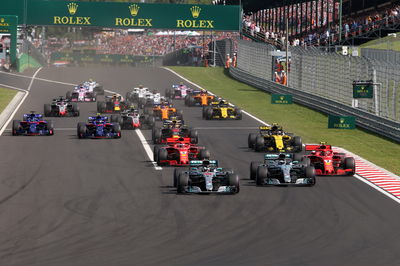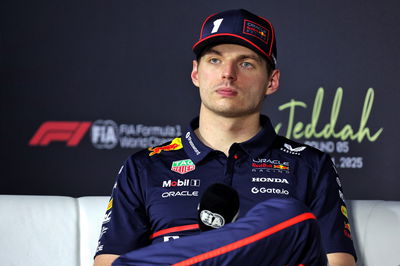Kubica explains conservative approach that led to Hockenheim point
Robert Kubica says his "conservative approach" in Sunday's German Grand Prix was in order to avoid damaging his car and compromising Williams for the upcoming race in Hungary given the tight turnaround between the two races.
Kubica survived a race of attrition to cross the line 12th at Hockenheim, only to later be promoted into P10 after both Alfa Romeo cars were hit with post-race time penalties that dropped them out of the point.

Robert Kubica says his "conservative approach" in Sunday's German Grand Prix was in order to avoid damaging his car and compromising Williams for the upcoming race in Hungary given the tight turnaround between the two races.
Kubica survived a race of attrition to cross the line 12th at Hockenheim, only to later be promoted into P10 after both Alfa Romeo cars were hit with post-race time penalties that dropped them out of the point.
The result marked Williams' first point of the year and Kubica's first since the 2010 Abu Dhabi Grand Prix, his final race before sustaining injuries in a rally crash ahead of the 2011 season that put his F1 career on hold.
Speaking before learning he had picked up the point, Kubica said he took it easy to ensure he got the car back, given it would have to be back on-track just four days later in practice for the Hungarian Grand Prix.
"It was quite a conservative approach as it was difficult to keep up with the pace of the other cars. I think I took the right decision that the only realistic target was to bring the car home," Kubica said.
"In these difficult conditions, it wasn’t easy, but I think we took the right decisions, although we could fit dry tyres earlier, a lap earlier when there was a Safety Car, but I took the conservative decision as we have to go racing in four days, and we couldn’t permit ourself to damage the car.
"The only opportunity was to bring the car home. This was the target. We are not in an easy situation, and the last thing you want is to damage the car when there are four days before we have to be driving. So you might compromise not only one weekend but two.
"Of course when you see everyone making mistakes or most of the people, you are even more alert because things might go wrong for everyone, so it wasn’t really an easy race, especially with the tyres, and it was very easy to make mistakes."
Germany marked Kubica's first wet race in F1 in nine years, with the Pole admitting he had forgotten how little visibility was offered from the cockpit in the rain.
"I forgot how much spray there is and how poor visibility is," Kubica said. "I thought of the night stages in a rally car with fog, and when you are switching off the lights because additional lights are not helping in the fog in the night, it's super crazy - but at least there you can see and you have the pace notes, so more or less you know where you are.
"Here, especially on the first lap, it wasn’t easy. I had no clue where I was. I was backing off, everyone was backing off. I struggled a lot with the grip, with keeping the car on-track. All in all, it was I would say valuable experience.
"For sure, nine years is a long time, but I think in these conditions, often it’s a lot about keeping your head down and staying calm, and although a lot of cars were faster than us, you have to drive to your limits, not what you see around you."











